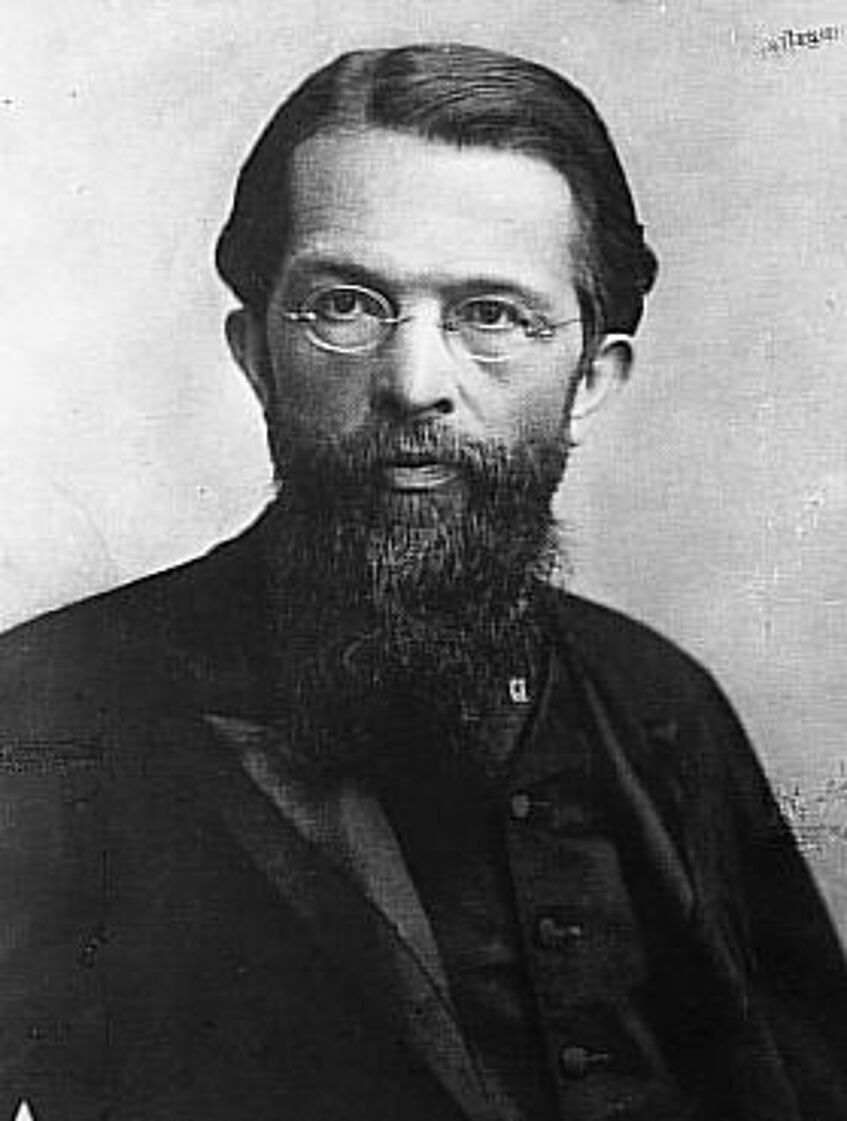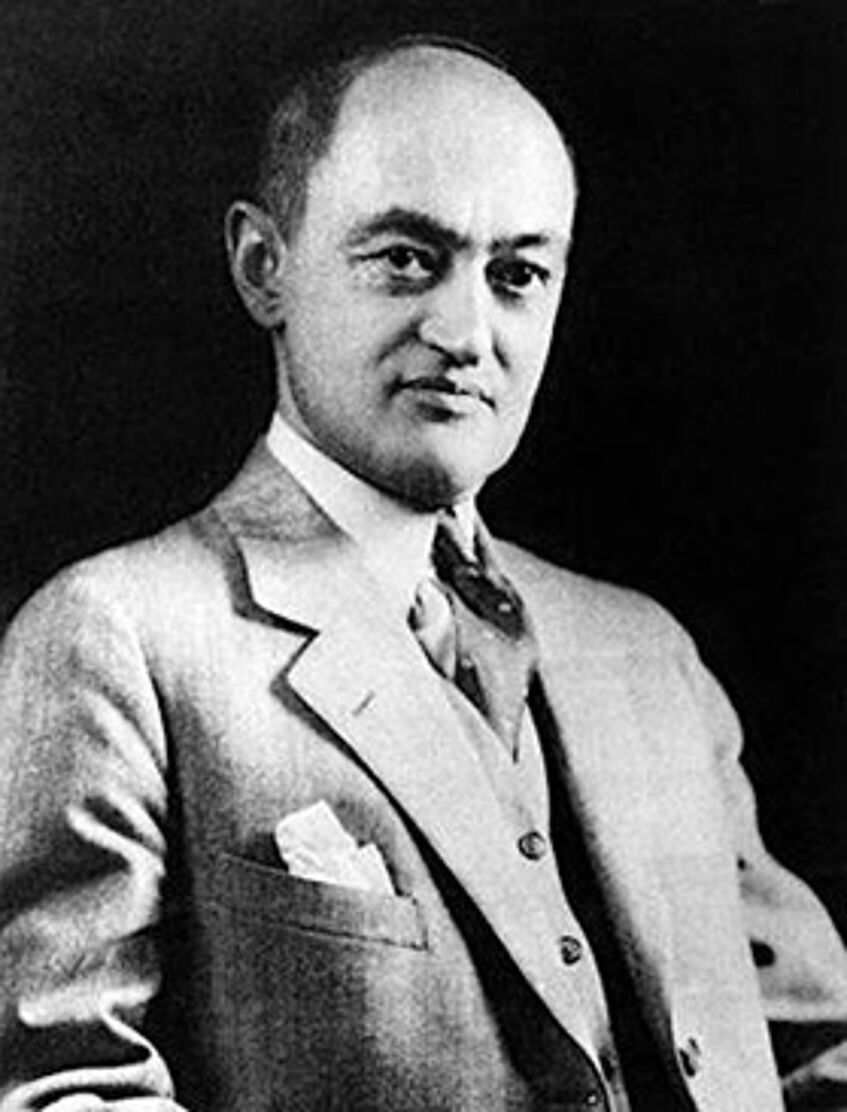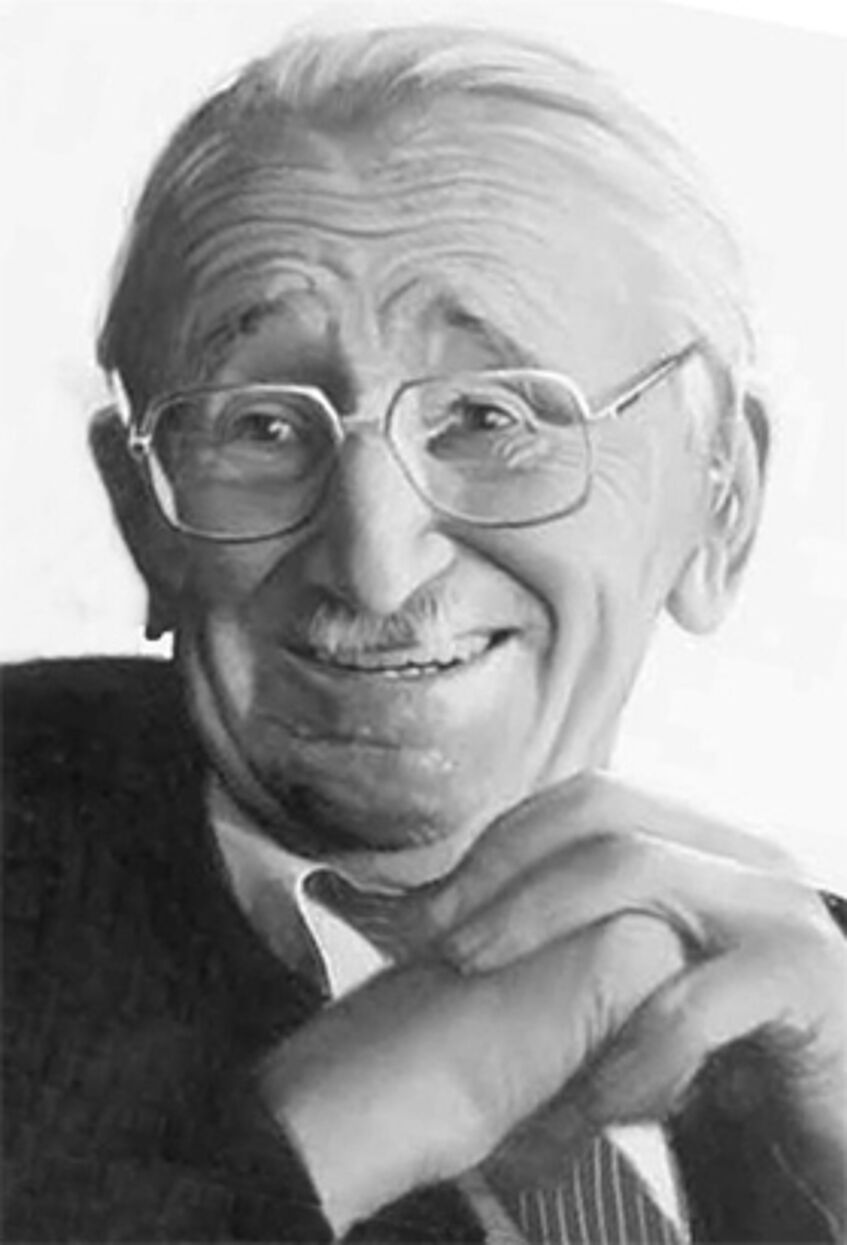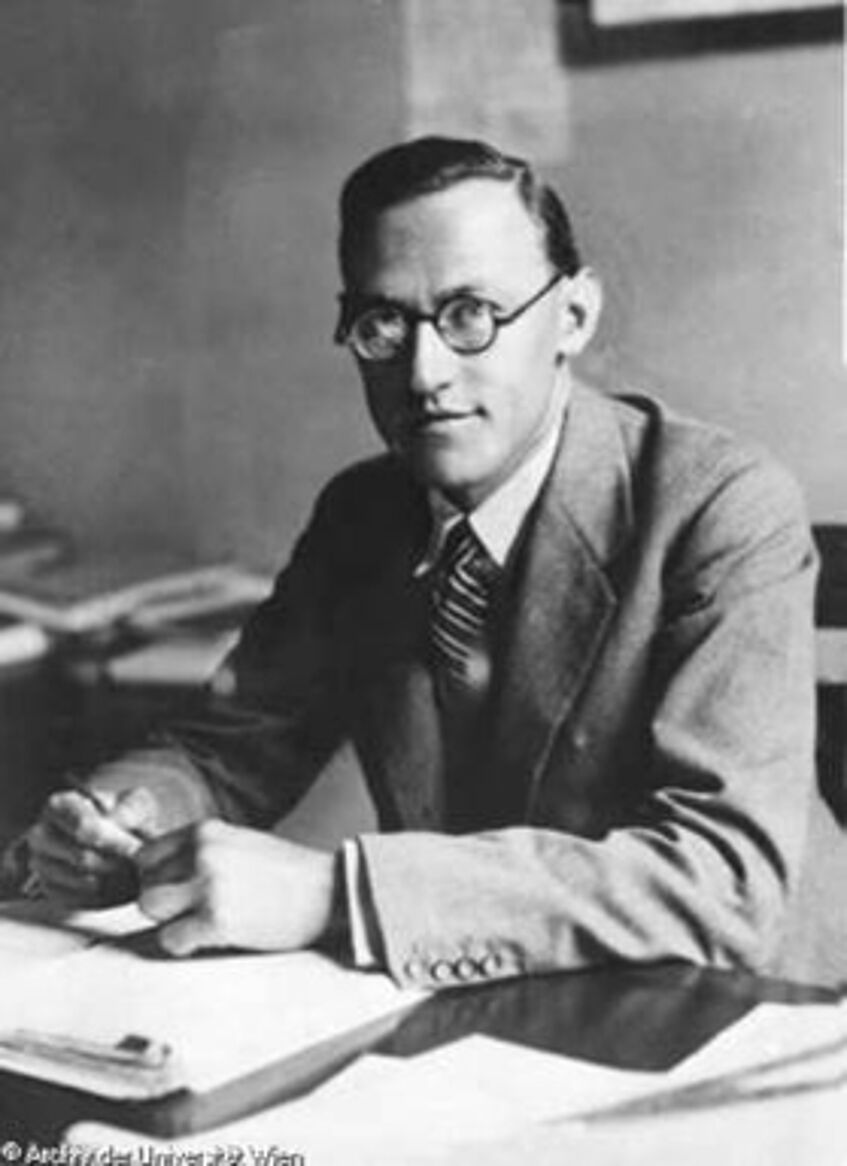A short history of the Department
Economics came to the University of Vienna in 1763, when Johann Freiherr von Sonnenfels was appointed professor for Cameralwissenschaft in the law faculty by the Empress Maria Theresia. He and his successors were supposed to teach the upper echelons of the future state employees the art of rational administration. That orientation prevailed for about 100 years.
After 1870 the University of Vienna was one of the world’s leading centres for economic theory. Carl Menger, Friedrich von Wieser, Eugen von Böhm-Bawerk - the founding fathers of the Austrian School - were professors in our department.
They taught eminent economists such as Machlup and Morgenstern. Two of the most influential economists in the 20th century, Joseph Schumpeter and Friedrich August von Hayek earned their doctorate at the University of Vienna. Both economists also obtained a habilitation (i.e. the right to give lectures) at the University of Vienna. The title of their respective habilitation lectures are strikingly modern (Schumpeter read on “The verification of abstract theorems by statistics”, and Hayek on “Is there a paradox of savings?”)

C. Menger

J. Schumpeter
After World War I the influence of the Austrian school declined in our department for various reasons. One was that the intellectual climate in Austrian universities became rather conservative and hostile to liberal ideas, another was the growing anti-Semitism in all spheres of public life. As a consequence, most so-called Austrians emigrated to the United Kingdom and the US in the 1930s. Oskar Morgenstern is one of the prominent economists who were forced to leave the University in the wake of the German occupation of Austria in March 1938.
Morgenstern is remembered, together with John von Neumann, as a pioneer of game theory, notably in their foundational book ”Theory of Games and Economic Applications”.
For a long period after World War II, the department remained rather closed to modern economics, particularly to its analytical methods, as was the case in most other German speaking universities. Interest in modern economic theory began to increase only in the late sixties. Today we are an open, research oriented department in the faculty of Wirtschaftswissenschaften, a unit comprising the departments of economics, business administration, finance and statistics. The department has more than 35 scientists coming from various countries around the world. Based on publications in international journals, our department is now one of the leading economics departments in the German speaking area.

F. A. Hayek

O. Morgenstern
